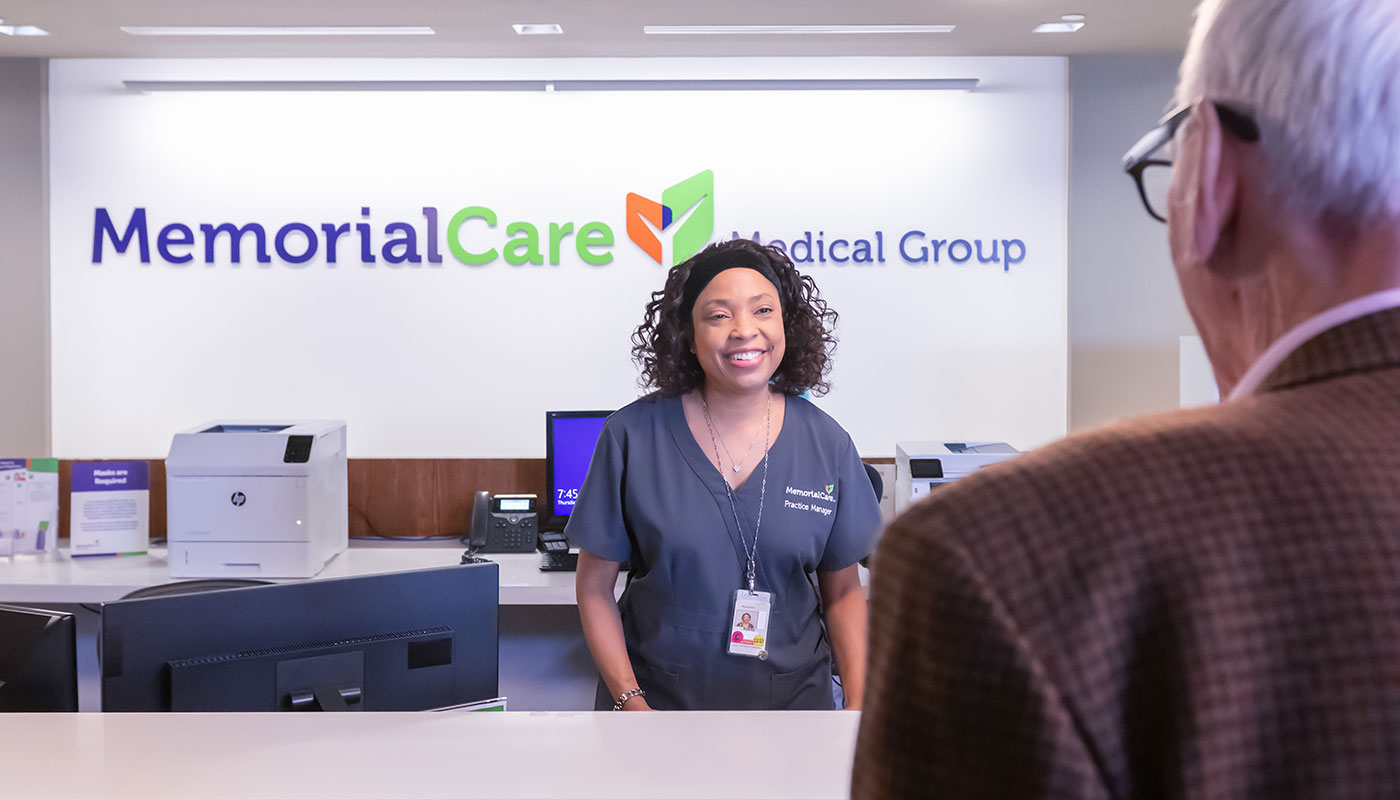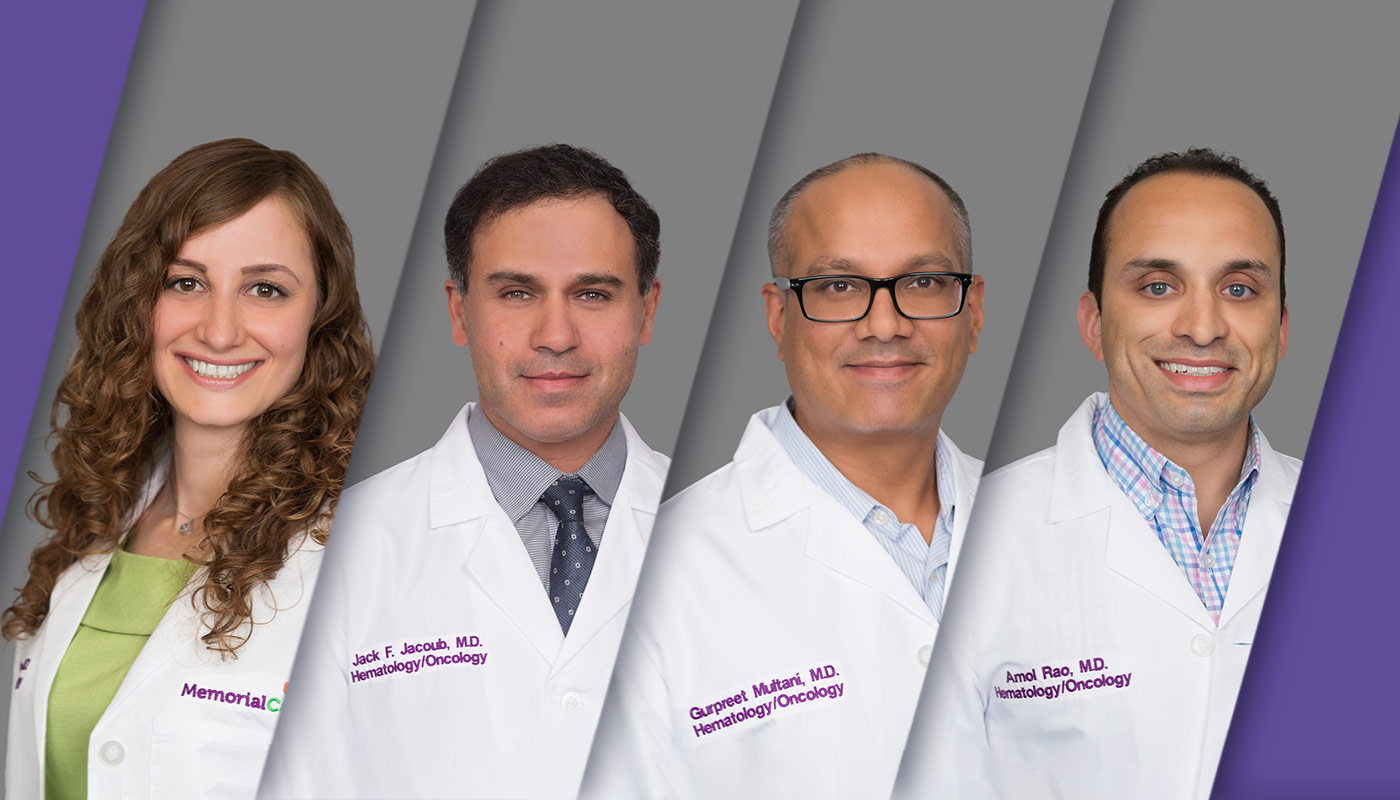Find a MemorialCare Provider
Located throughout Orange County and Los Angeles County, MemorialCare-affiliated physicians are locally and nationally recognized in their area of expertise. We've made it easy to find a quality healthcare provider right in your own backyard.
Featured Content
Community Resources and Education
MemorialCare Appoints Todd Blake New Chief Operating Officer for Long Beach Medical Center and Miller Children’s & Women’s Hospital Long Beach
August 09, 2023
MemorialCare Recognized By U.S. News & World Report's Best Hospital Rankings 48 Times
August 01, 2023
MemorialCare and Pacific Dental Services Announce First Dental-Medical Integrated Office Location
July 18, 2023
Community Resources and Education
Upcoming Events
Featured Blog Posts
Featured News



MemorialCare Appoints Todd Blake New Chief Operating Officer for Long Beach Medical Center and Miller Children’s & Women’s Hospital Long Beach
August 09, 2023
MemorialCare Recognized By U.S. News & World Report's Best Hospital Rankings 48 Times
August 01, 2023
MemorialCare and Pacific Dental Services Announce First Dental-Medical Integrated Office Location
July 18, 2023
We’re MemorialCare
We’re a nonprofit integrated health system that includes leading hospitals – Long Beach Medical Center, Miller Children’s & Women's Hospital Long Beach, Orange Coast Medical Center, and Saddleback Medical Center; award-winning medical groups – MemorialCare Medical Group and Greater Newport Physicians MemorialCare; Select Health Plan; and convenient outpatient health centers, urgent care centers, imaging centers, breast centers, surgical centers, physical therapy centers and dialysis centers throughout Orange and Los Angeles Counties.










